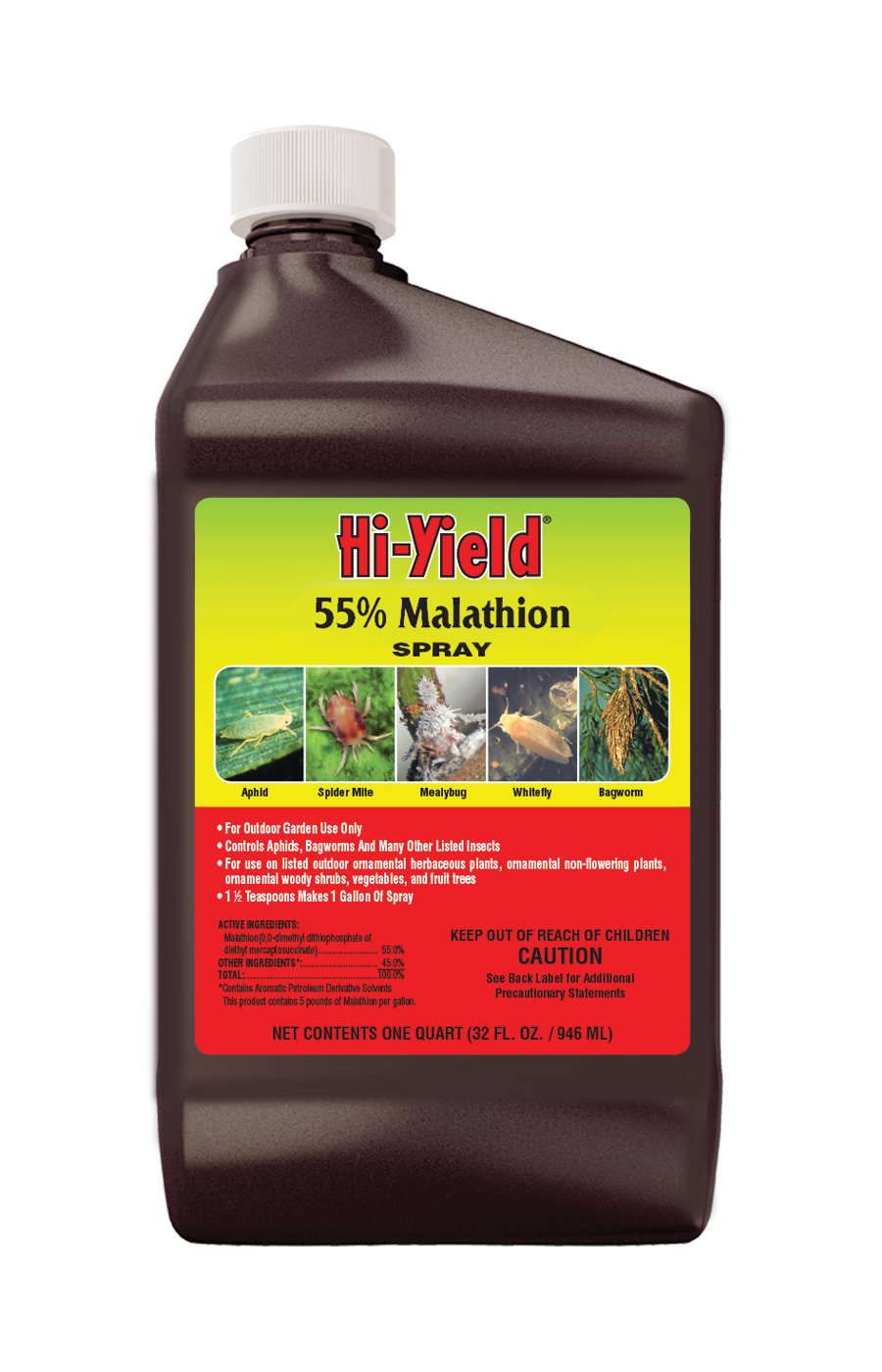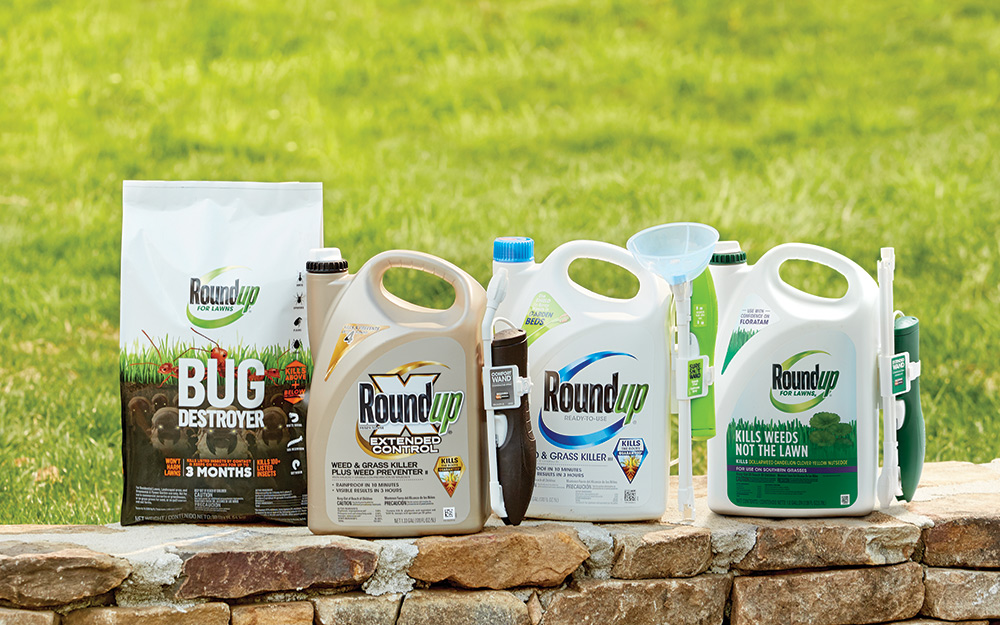

Some scientists even believe that the pesticide, atrazine, causes reproductive problems in the frogs that affect the frog's biological goal, which is to survive to reproduce. (Vapor Drift) This can be harmful for wildlife, such as frogs. Volatilization occurs when a pesticide turns into a gas or vapor after it has been sprayed, allowing it to travel through the air and spread to different pieces of land. Many people depend on groundwater for their drinking supply, yet, if that water has pesticides in it, it is unsanitary and harmful for the people to drink.Īnother way pesticides can spread and cause potential harm is by volatilization.

Pesticides can also affect groundwater by a process known as leeching. This can throw the whole ecosystem off balance. If a body of water becomes contaminated with the chemicals, many fish and other animals may die and get sick. For instance: Pesticides from an orchid may end up in a nearby stream due to runoff.

(Rodenticides)Įven though pesticides are sprayed on land, many times, they can make their way into a water source, such as a river, ocean, or pond. Some pesticides are also used on other animals besides insects, such as unwelcome rodents. If you have a lawn, you might have weed killers, or herbicides, to prevent the growth of weeds. Some other common items that contain pesticides are: bleach, certain types of paint, and even a few swimming pool chemicals. If you have a wooden deck on your house, then that probably contains that pesticide Chromated Copper Arsenate, ( CCA), which helps in the aid to preserve the wood so it does not rot. Do you use insect repellent in the summer to avoid getting bitten by blood-sucking insects such as mosquitoes? Well, insect repellent has the pesticide DEET in it. Not only are pesticides found in farms, but they are found in or around your home, too. Also, if a product is certified organic, it has to abide by the national standards. Organic farmers also tend to spray less pesticides on their produce than other farmers, and the pesticides are less dangerous for the environment. Now, some of you may be wondering,"Do organic foods have pesticides?" The answer is yes, but these pesticides come from natural sources, such as certain types of plants, and they do not use synthetic pesticides.

Pesticides can also prevent disease from spreading, so using pesticides lowers the risks of losing one's crop of the season. Farmers can not afford to lose their crops due to pesky little insects, so instead, some farmers spray chemicals, pesticides, on them which repel the insects. Yet, lately I have been pondering over this question: Many fruits, such as apples, are sprayed with pesticides, and if pesticides can kill insects, what are the potential dangers they have on our body and the environment? This prompted me to dedicate a post about the dangers of pesticides, and my research surprised me.Īs all of you know, most fruits and vegetables are grown of farms, and on farms, you can expect to find a lot of bugs, some of which have a strong liking for the crops. As I always say, "An apple a day keeps the doctor away," and I believe that is why I have not gotten sick since the 5 th grade. Not only are apples delicious, but they are packed with the essential vitamins and minerals that your body needs to stay healthy. Whether I am eating a juicy, red Gala apple, or a green, tart Granny Smith apple, my taste buds explode with the goodness of each bite. One of my favorite foods in the world has to be a freshly picked apple.


 0 kommentar(er)
0 kommentar(er)
